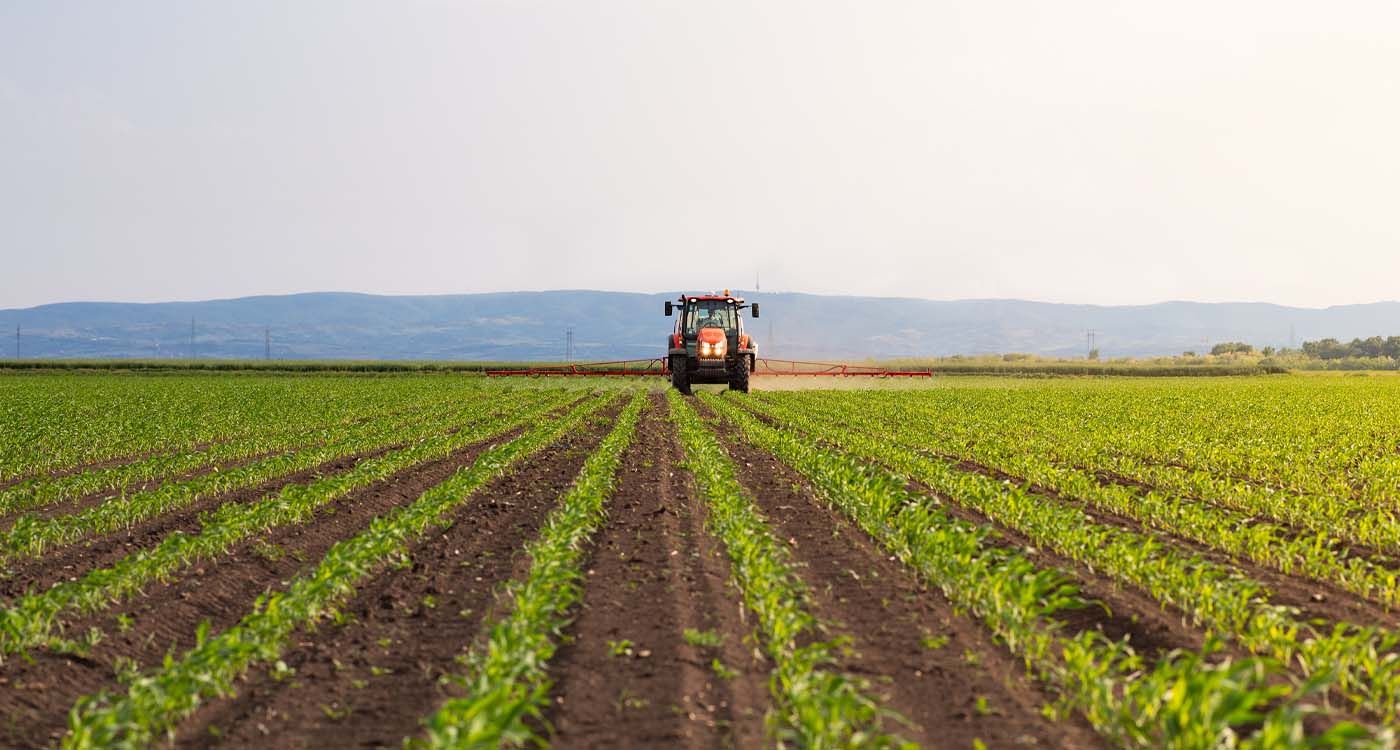
With fields overflowing and fridges full, Lebanon’s potato and poultry producers are pleading with the government: curb chaotic imports, reopen land exports to Arab markets and guarantee fair prices to ensure their survival.
The situation is both serious and absurd. In the agricultural sector, the talk is no longer about the weather but about the fate of potatoes and chickens. Frustrated unions denounce a two-tier market where Lebanese products are squeezed between cheap imports and blocked exports. Meanwhile, consumers are inundated with Egyptian potatoes and Brazilian poultry, while local producers watch their harvests rot in storage.
Producers Sound the Alarm
On Tuesday, at a local branch of the Ministry of Agriculture in Bebnine (Akkar), several potato producers gathered to highlight a harsh reality: faced with foreign competition, they can neither sell locally nor export abroad. Their stocks are piling up in warehouses, threatening the livelihoods of hundreds of farming families.
They are calling on the government to curb competing imports – especially Egyptian potatoes – and to support domestic production by purchasing local goods at prices equivalent to imported ones. Farmers are also demanding the creation of a specialized agricultural court to settle disputes and ensure better regulation of seed and input prices.
The Poultry Industry’s Struggle
The poultry sector faces a similar fate. Led by William Boutros, the poultry producers’ union continues to sound the alarm. Lebanese poultry products are banned in most Arab markets, while comparable – often subsidized – imports enter Lebanon tariff-free.
A union delegation met Agriculture Minister Nizar Hani on Wednesday to discuss the crisis. According to a union statement, the meeting was “productive:” the minister acknowledged the challenges and stressed the need to implement the national poultry strategy without delay. Hani also promised stricter monitoring of poultry-based products and measures to preserve an industry considered both strategic and promising for the Lebanese economy.
The union further warned of existential threats facing chicken product factories, highlighting the commercial imbalance that allows similar Arab goods to enter Lebanon duty-free while Lebanese products remain blocked from export.
“It is unacceptable that Lebanon allows duty-free imports when the poultry used in these products isn’t even sourced from those countries,” the union emphasized.
They are calling for reciprocity: temporarily reinstating import licenses, followed by fair customs duties to protect a sector that cannot compete domestically while being excluded from regional markets.
A Market Out of Balance
Lebanon produces roughly 659,000 tons of potatoes each year – mainly in Akkar and the Beqaa – according to the Ministry of Agriculture. Yet the country still imports nearly 30 million kilos annually, compared with only 20 million exported, mostly to neighboring Arab nations.
In short, fridges overflow in Lebanon while the markets of Riyadh and Amman remain out of reach.
Meanwhile, poultry farmers produce around 150 million kilos of chicken annually, for a market valued at $350 million, according to Blominvest Bank. But in 2023, imports – mainly from Brazil – totaled $20 million, while exports barely reached 0.02% of Lebanese production.
“Our chickens are stuck at the border, while Brazilian trays pass through customs without a hitch,” one poultry farmer lamented.
Farmers and poultry producers are united in their demands: a strict ban on unauthorized imports, particularly Egyptian potatoes and processed poultry, and the reopening of land routes to Arab countries – a far more cost-effective alternative to maritime transport.
Facing overproduction, many report cold-storage facilities overflowing, with losses mounting week after week. Without immediate support, thousands of farms could be forced to shut down.
The issue extends beyond potatoes and chicken. Lebanon’s entire agricultural system must be rethought. The Organization for Economic Cooperation and Development (OECD) notes that the country imports nearly 80% of its food – a dependency that further undermines local producers.
For unions, the stakes go beyond market protection: they concern Lebanon’s food sovereignty itself. If nothing changes, the country may soon import not only its fries but also its eggs and chicken cutlets.
Lebanese producers are running on empty, caught between a powerless state and a ruthless global market. Their warning is clear: without swift action to regulate imports and ease exports, the potato will feed no one – not even hope.




Comments